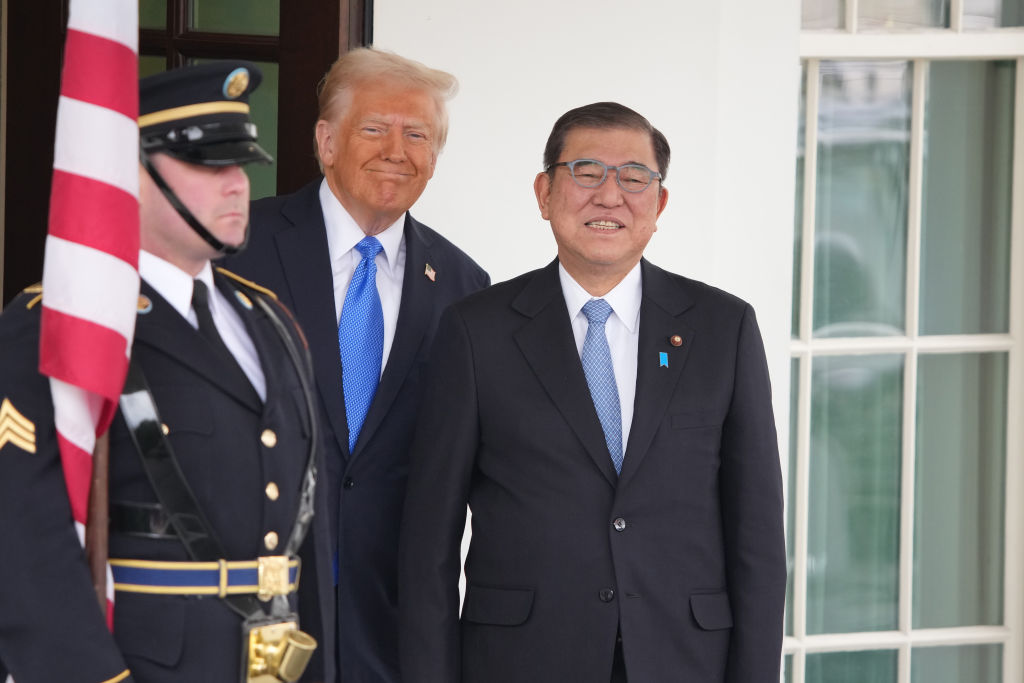Japanese Prime Minister Shigeru Ishiba said on Tuesday that he would continue negotiations with the U.S. to seek a mutually beneficial trade deal, after President Donald Trump announced 25% tariffs on goods from Japan starting August 1.
Trump on Monday started notifying trade partners, from major suppliers like Japan and South Korea to minor players, of steep U.S. tariff hikes, but later indicated a willingness to delay implementation if countries made acceptable proposals.
While Tokyo and Washington have yet to reach a deal, Ishiba noted that recent talks had helped Japan avoid even steeper tariffs of around 30-35% as suggested previously by Trump.
“We have received a proposal from the United States to swiftly proceed with negotiations towards the newly set August 1 deadline, and that depending on Japan’s response, the content of the letter could be revised,” Ishiba said at a meeting with cabinet ministers to discuss Japan’s strategy on tariffs.
Japan will “actively seek the chance of an agreement that benefits both countries, while protecting Japan’s national interest,” he added.
Ishiba also asked his cabinet ministers to take steps to mitigate the blow from tariffs on industries and jobs.
The latest development in the U.S. trade war drove the dollar up to a two-week high of 146.24 yen, potentially lifting already rising import costs.
Japan failed to clinch a deal with the U.S. before a July 9 expiration of a temporary pause on reciprocal tariffs, due to its focus on eliminating a 25% tariff on automobiles – a mainstay of its export-reliant economy.
With an upper house election on July 20, Ishiba has repeatedly said Japan will not make “easy concessions” for the sake of an early deal with Washington.
Recent media polls have shown Ishiba’s ruling coalition may fail to maintain a majority in the upper house, which could complicate trade negotiations, analysts say.
U.S. tariffs also add to woes for Japan’s economy, which shrank in the first quarter on soft consumption.
Real wages in May fell at the fastest pace in nearly two years, while the government on Monday made the bleakest assessment on the economy in nearly five years.
“While Japan likely averted the worst-case scenario, 25% tariffs would still hurt exporters’ profits by up to 25%,” said Kazuki Fujimoto, an analyst at Japan Research Institute.
“If corporate profits worsen, it’s hard to avoid companies from toning down on efforts to hike wages,” he added.
(Reuters)














